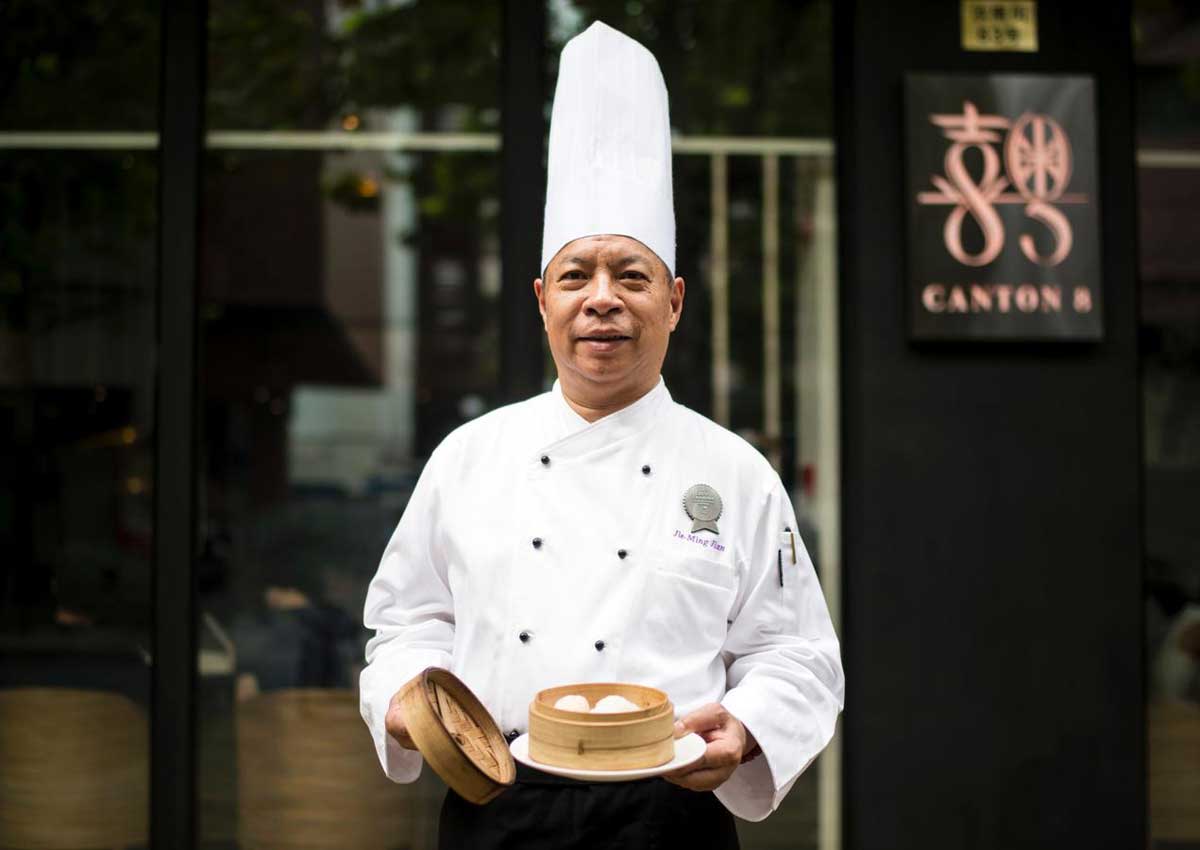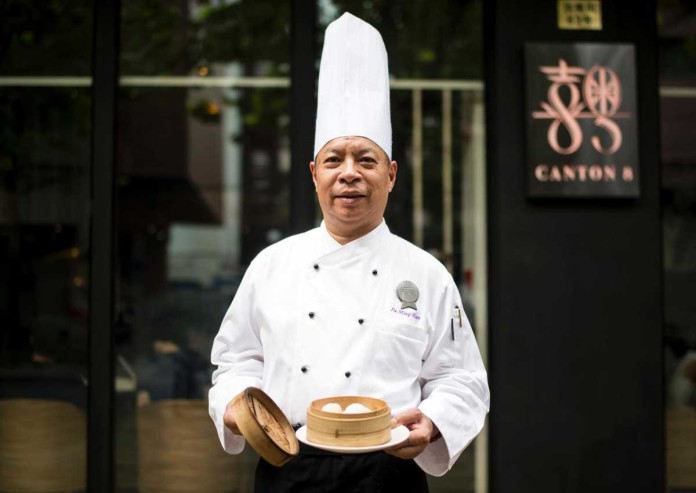Shanghai – The famed Michelin food guide launched its first edition in mainland China Wednesday, awarding stars to elegant luxury establishments as well as a humble haunt serving up Cantonese staples.
The inaugural edition covers the commercial hub of Shanghai and gives stars to 26 restaurants, including the world’s least expensive two-star establishment Canton 8 – a popular lunchtime spot catering to local families.
“Canton 8 is a reflection of what can be found in Shanghai – masterful, delicious and very good-quality cooking,” said Michael Ellis, international director of the Michelin guides.
Lunch there can cost as little as 48 yuan (S$9.80), Michelin said.
Chef Jian Jieming of Canton 8 said he had “never dreamed” of making the list. He credited the fresh ingredients and “comfortable atmosphere” of the restaurant for its two-star award.
The publication of the inaugural mainland China edition follows the company’s first guide to Singapore in July, when Michelin inspectors gave stars to the city-state’s famous street food stalls.
The guides, first published in France more than a century ago to promote automobile travel, now cover 28 countries and spotlight diverse cuisines including Brazilian, Burmese, Cajun, Peruvian, and Tibetan.
But they are not without their critics, who question whether the quality of street fare in places like Hong Kong and Singapore can compare to the French haute cuisine on which the guide’s reputation was made.
“We have to adapt to the country,” Claire Dorland-Clauzel, executive vice president at Michelin, told AFP.
“Our role is to promote quality food everywhere, not (only) French food.” The China guide awarded its highest three-star rating to T’ang Court, a cosy six-table Cantonese restaurant in The Langham hotel, famous for dishes that include braised sea cucumber and Wagyu beef.
“The talented and creative chef Justin Tan offers cuisine in which traditional Cantonese dishes rub shoulders with some very modern dishes,” Ellis said.
After learning of the award, chef Tan told AFP he “never imagined” winning three stars, adding that he was now “very nervous”.
Restaurants that have won a star from the culinary bible have in the past built big businesses after being recognised, with Hong Kong’s Tim Ho Wan and Taiwan’s Din Tai Fung turning into international franchises.
Canton 8 can likely expect to see a similar surge in customers. On Tuesday night, before the release of the guide, the inexpensive two-storey restaurant was filled with only around 20 diners feasting on crystal prawn dumplings and lobster porridge.
Regular patrons expressed pride Wednesday in the recognition of their local favourite, where tables were packed and reservations required for lunch.
A cosmopolitan city with a sprawling, tree-lined French Quarter, Shanghai is the latest Asian city to feature in the guide following the launch of editions focusing on Hong Kong, Taipei and Singapore.
“What makes Shanghai particularly exciting is it’s been an economic and cultural crossroads for decades and the gastronomy of Shanghai really reflects that rich history,” Ellis told AFP.
International recognition of Chinese cuisine is “overdue”, said Fuchsia Dunlop, a cook and food writer specialising in Chinese cuisine.
“China has the most amazing gastronomic culture, and for historic reasons it has not been at the forefront of international gastronomy,” she said.
But she was not convinced Michelin’s approach of sending individual reviewers could truly identify the country’s best restaurants.
Chinese cuisine traditionally caters to groups, with family-style meals consisting of several shared dishes, she said.
“If you have one person going out to eat, it’s impossible for them to get a sense of a full, balanced Chinese meal,” she said.
“Even if you went 10 times, you wouldn’t get a sense of a meal with all the contrasts.”






